An investigation looking into sexual harassment claims against Plácido Domingo has found that the iconic opera singer abused his power as a senior member of management while working at the Washington National Opera and Los Angeles Opera, according to the Associated Press (AP).

Last year, dozens of women came forward accusing Domingo of sexual misconduct, claiming that he had either acted inappropriately towards them, sexually harassed them, or witnessed him doing so to other coworkers at the two opera companies over the course of few decades.
On Tuesday morning, attorneys of the American Guild of Musical Artists concluded that the accounts from exactly 27 accusers showed a clear pattern of sexual misconduct and abuse of power by the 79-year-old.
The now-concluded investigation — the first of two against Domingo — was launched last last year in wake of the accusations.
In October, a second inquiry was launched into Domingo by the LA Opera — from which he resigned as general director in 2019 after 16 years. He co-founded the company in 1986 at the age of 45.
As of this writing, that investigation is reportedly still ongoing and will “continue until its resolution.”
Mirroring previous reports, many of the allegations against Domingo included unsolicited physical touching that ranged from kisses on the mouth to groping and late-night phone calls in which he asked women to come to his residence.
He even reportedly invited some women to go out with him socially with such persistence that some felt they were being stalked.
Angela Turner Wilson is one of those women. Now 48, the singer claimed that at the age of 28, she was groped by Domingo in the privacy of a makeup room at the Met.
Wilson claimed Domingo stood behind her, put his hands on her shoulders and then reached down into her robe and grabbed her bare breast beneath the strap of her bra.

Get daily National news
“It hurt,” she told the Associated Press. “It was not gentle. He groped me hard.”
Additionally, two other women reportedly told investigators that they had sexual relations with Domingo, saying they felt compelled to submit because of his position of authority and potential to damage their careers.
At the time of first being accused, Domingo denied all of the allegations, but he has since changed his tune. On Tuesday, the disgraced musician issued an apology directed to his victims through AP. He wrote:
“I have taken time over the last several months to reflect on the allegations that various colleagues of mine have made against me. I respect that these women finally felt comfortable enough to speak out, and I want them to know that I am truly sorry for the hurt that I caused them.”
Domingo then accepted “full responsibility” for his wrongdoings, adding that he had “grown from this experience.”
Initially, Domingo “strongly disputed” the allegations made against him, saying they were “riddled with inconsistencies,” so his recent and unexpected apology seemingly prompted another accuser to come forward with her own story.
On Tuesday afternoon, soprano singer Luz del Alba Rubi came forward, adding her voice to the allegations against Domingo, telling the AP that she also fell victim to his “inappropriate behaviour.”
Rubio was reportedly in her 20s when singing for the Washington National Opera alongside Domingo. She said that Domingo was the company’s artistic director when he first pursued her.

She told the outlet that Domingo was her idol before claiming that he would consistently call her late at night, adding that he was uncomfortably affectionate by frequently kissing her too close to her lips and touching her.
Upon being invited to Domingo’s apartment to review a video of her singing, Rubio said she accepted and that he allegedly tried kissing her upon her arrival, before she pushed him away.
She told him, “Maestro, I cannot do this. I am not that kind of person.” After that, she said she was never again hired to work at Washington National Opera and roles he had promised her never materialized.
On receiving the apology, Rubio said, “I felt like we have conquered Goliath. Now we don’t have to be scared to speak out,”
She did, however, believe that Domingo’s intentions with the apology were merely for “redemption.”
“If he means it, if he is really sorry, I would ask him to apologize to us, face to face,” Rubio said. “There have been women suffering for 20 years. He should ask for our forgiveness.”
Continuing his statement to the AP, Domingo said, “I understand now that some women may have feared expressing themselves honestly because of a concern that their careers would be adversely affected if they did so.”
He added, “While that was never my intention, no one should ever be made to feel that way.”
Domingo concluded: “I am committed to affecting positive change in the opera industry so that no one else has to have that same experience. It is my fervent wish that the result will be a safer place to work for all in the opera industry, and I hope that my example moving forward will encourage others to follow.”


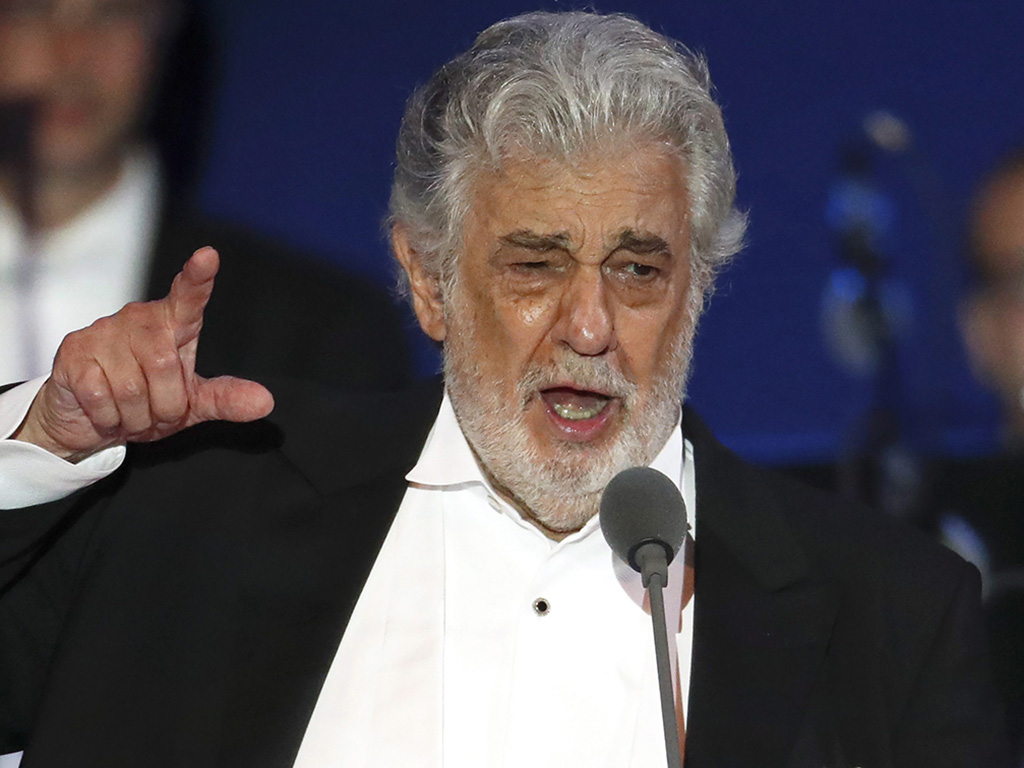
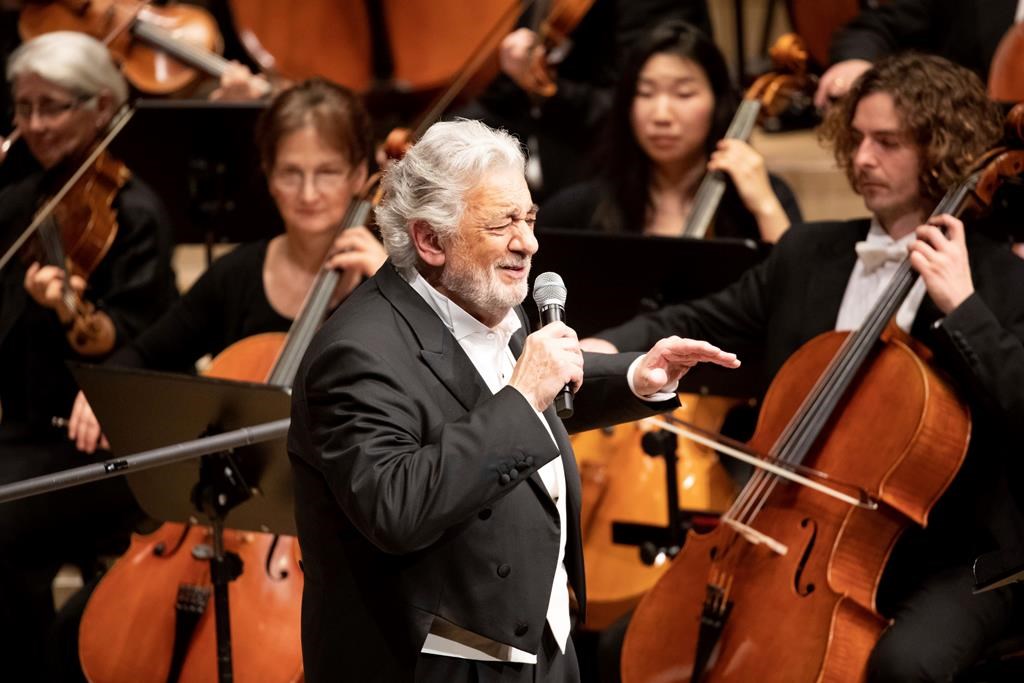
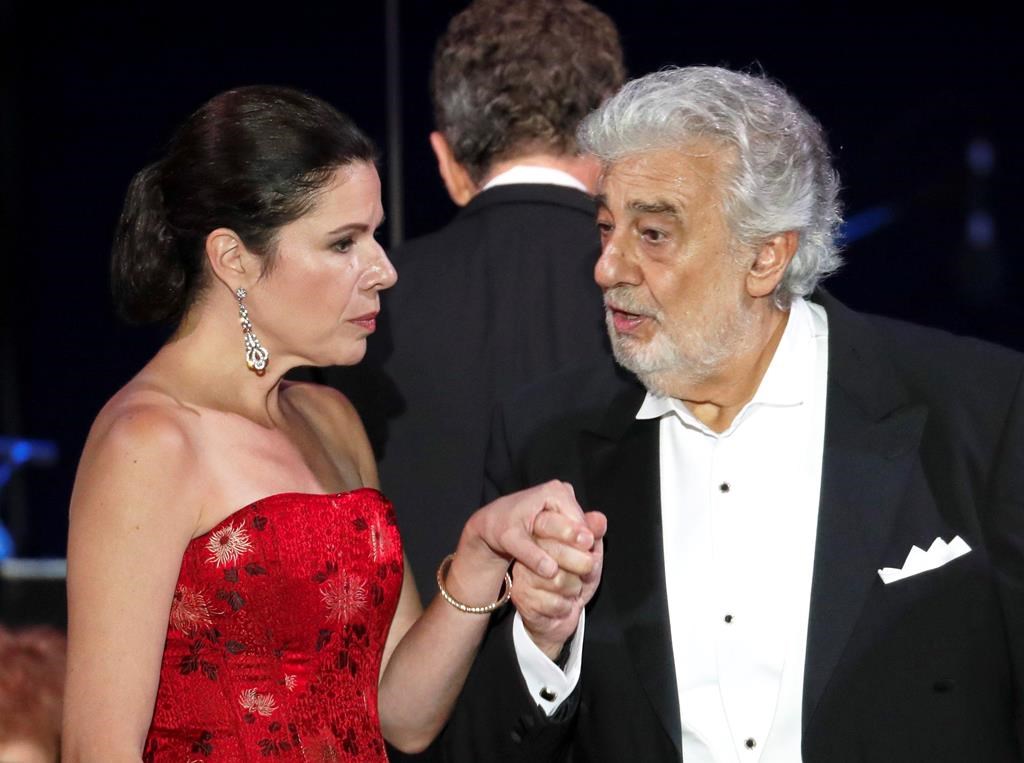
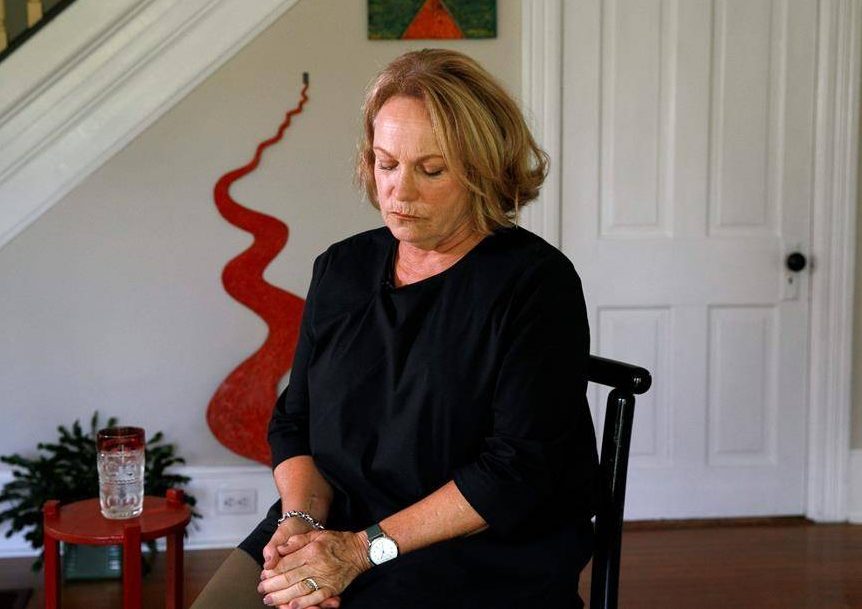


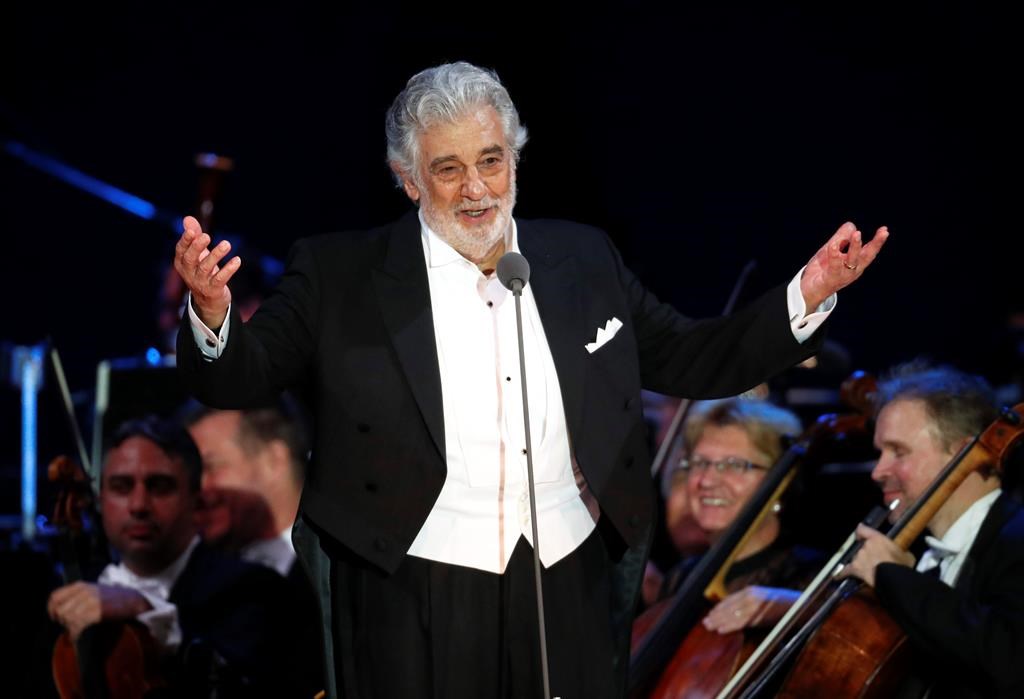
Comments